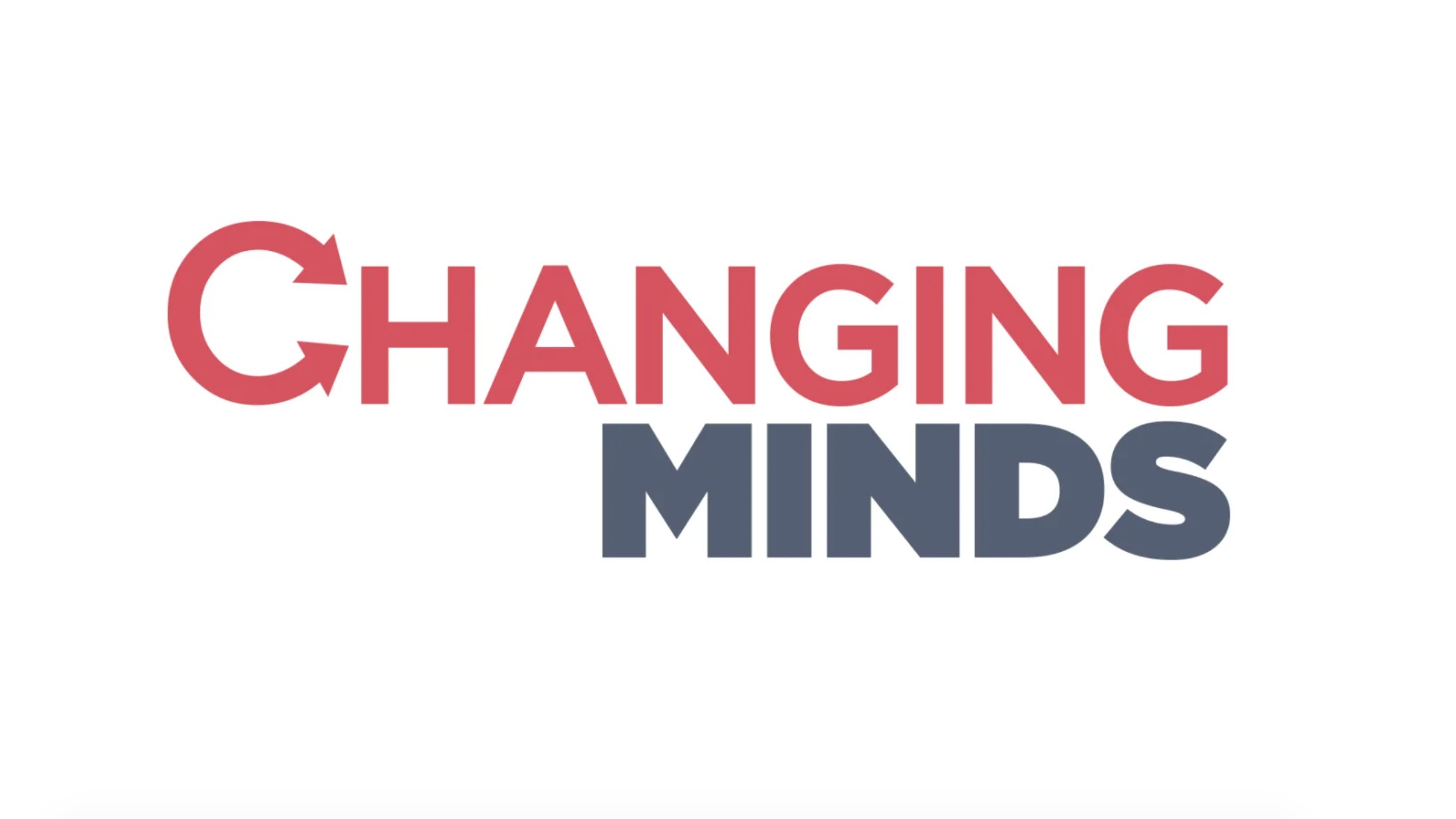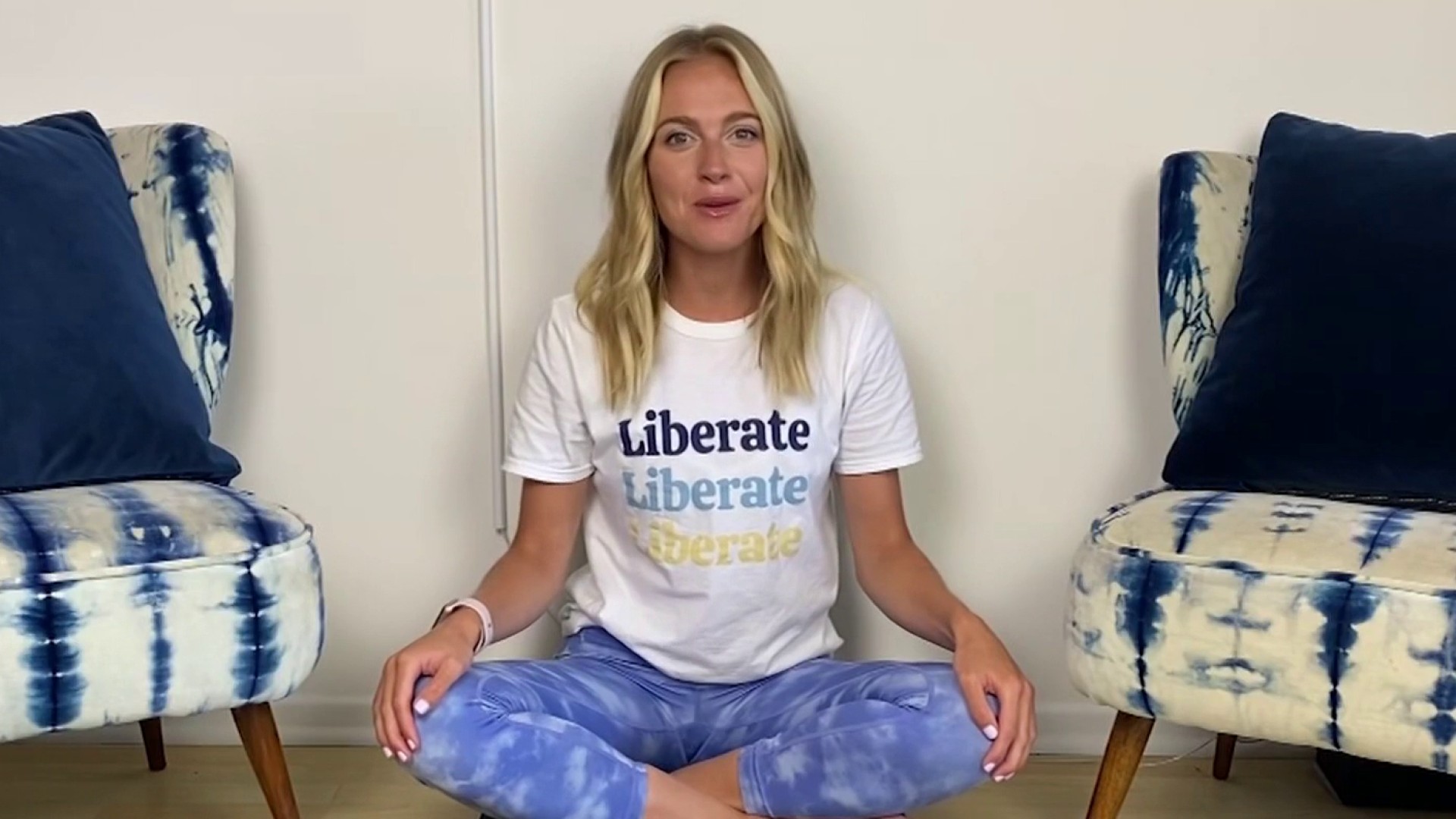Young people who need someone to talk to might not walk into a school counselor’s office, but they just might text with a mental health coach.
Free emotional support services are now available via text message to many D.C. youth insured through Medicaid. The new program may offer particular help as young people cope with the pandemic and upticks in violence in many neighborhoods.
AmeriHealth Caritas, which manages Medicaid for more than 120,000 D.C. residents, now offers emotional support coaching via text to members ages 13 to 20. The program run in partnership with the tech startup MindRight is the first of its kind for Medicaid recipients in the District.
MindRight seeks to provide safe, private spaces for youth, especially those from low-income backgrounds or communities of color, to work through problems, founder and CEO Ashley Edwards said.
We're making it easier for you to find stories that matter with our new newsletter — The 4Front. Sign up here and get news that is important for you to your inbox.
“We know that so many young people, by virtue of the realities they’re living day to day, have to be so strong and only show strength day to day, because that’s how they cope,” Edwards said. “MindRight is a chance where they can actually process pain and express joy in a place where it will be received and celebrated, and they won’t be judged for it.”
Youth can text with MindRight coaches 24/7 and set up regular times to talk.
Alona Robinson, a 17-year-old from the Congress Heights neighborhood of Southeast D.C., began texting with a MindRight coach this school year after an information session at her school. On some days, her coach briefly checks in with her; on others, they work through a problem together.
“They are pretty much there for me to support me and give reassurance like, ‘No, you’re doing OK,’” Alona said.
Daysia Cork, 18, of Southwest D.C., was part of MindRight’s initial pilot program. She went on to text with her MindRight coach over the course of two years. She said texting with a coach helped her handle her thoughts, feelings and relationships.
“I feel like a lot of young people go through things that they don’t talk about, and they need someone to help them through it,” she said.
Helping Young People Cope With Trauma and Build Resilience
Edwards founded MindRight in 2019 after working in a school in Newark, New Jersey, where her company is still based. Her students were repeatedly exposed to trauma but had few resources designed to meet their needs, she said.
“I’ve had students who I’ve seen go the full route of the school-to-prison pipeline, and I strongly believe that it’s because mental health needs were not properly addressed at the beginning,” she said. “MindRight for me is my opportunity to move the needle a bit forward.”
AmeriHealth Caritas partnered with MindRight as mental health professionals tried to keep youth engaged during the pandemic and amid the violence surging in parts of the District. They sought to make mental health services “radically accessible” and respond to the trauma many D.C. youth are experiencing, Dr. Yavar Moghimi, the insurer’s chief psychiatric medical officer, said.
People who are on Medicaid should have access to the same high level of quality behavioral health services that anybody would be getting.
Dr. Yavar Moghimi, AmeriHealth Caritas
“D.C. unfortunately does have a very high incidence of trauma and adverse childhood experiences. But what we also know is that out of those experiences there can be a lot of resilience and a lot of ability to recover,” Moghimi said. “Having somebody to help you navigate these experiences and how you can grow from them is a really critical aspect of that.”
Moghimi said he saw mental health texting being offered by a number of companies and employer-sponsored health insurance plans but not via Medicaid. He wanted to change that.
“People who are on Medicaid should have access to the same high level of quality behavioral health services that anybody would be getting,” he said.
Moghimi said he hopes to see increased access to mental health care make a broad impact.
“It can have ripple effects on the entire communities that people are part of,” he said.
Alona, who texts with a MindRight coach, said she would like to see more D.C. youth give mental health services a try.
“I think that sometimes you might feel ashamed to talk to someone about your mental health, especially if you’re depressed or really stressed about something, or you feel like nobody else feels the same way,” she said. “But I would say once you do it, it’s kind of like a weight off your back.”
Youth who are insured via AmeriHealth Caritas can sign up for MindRight by texting 886-886 with the word “AmeriHealth.” Go here for more info. Other potential users can visit MindRight’s website.



